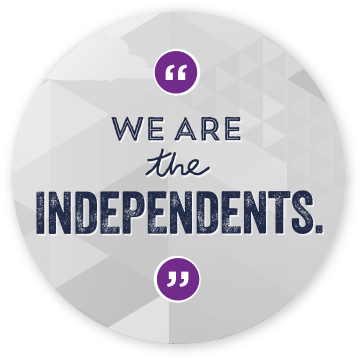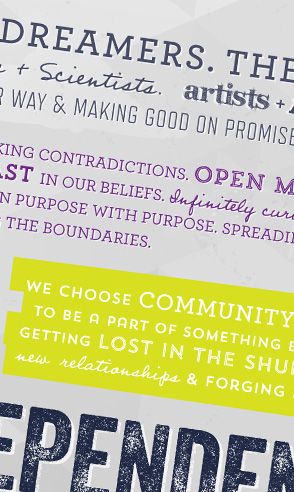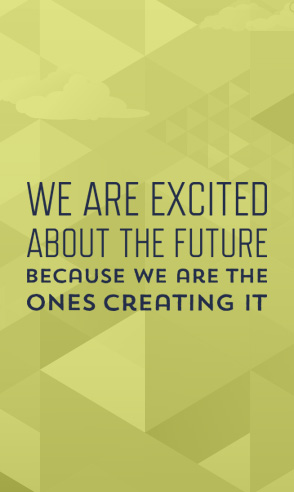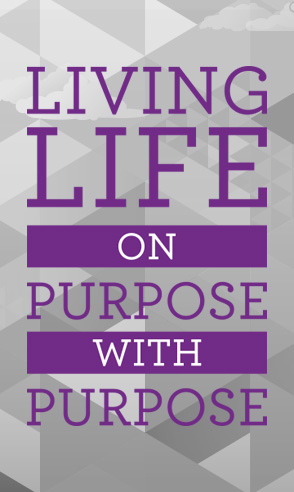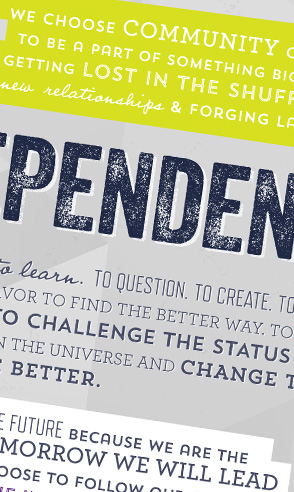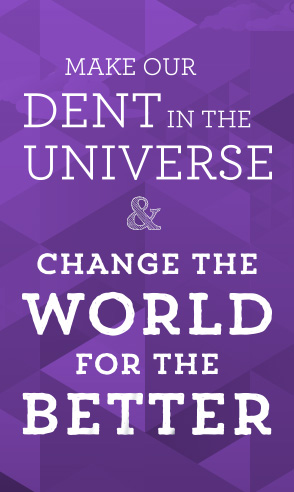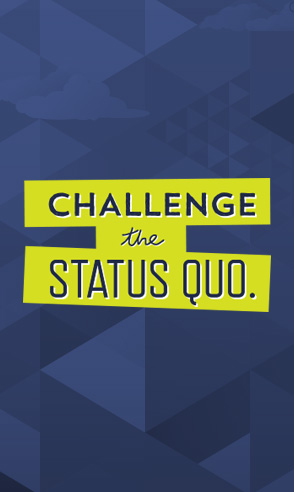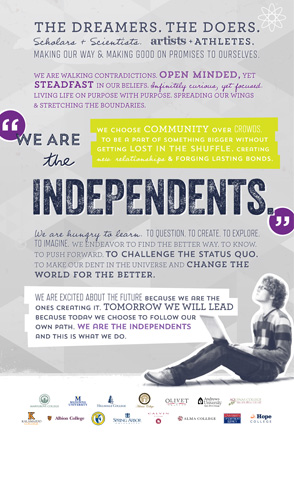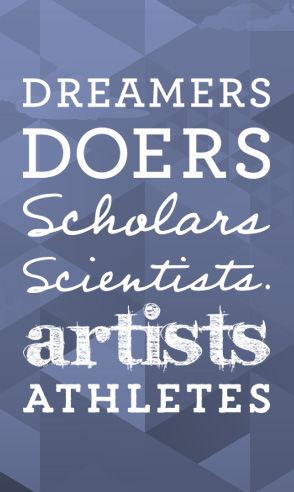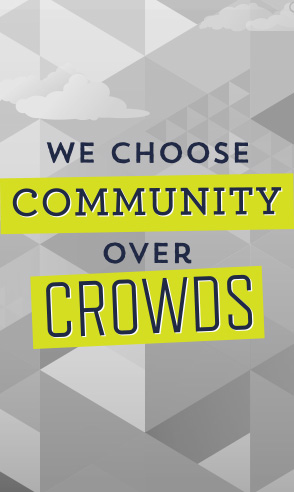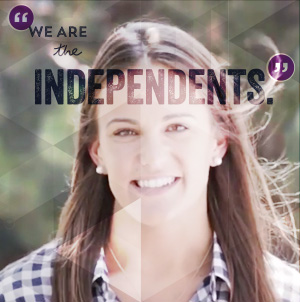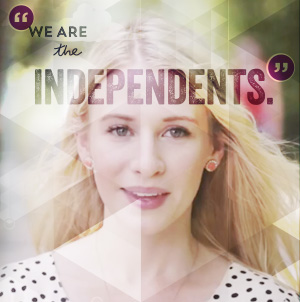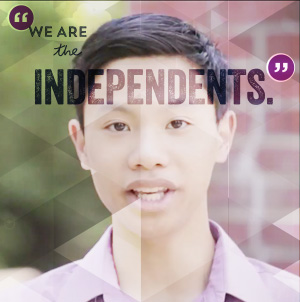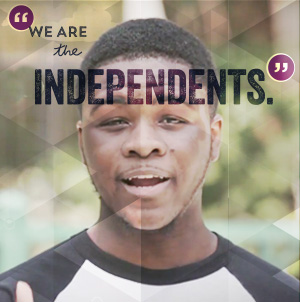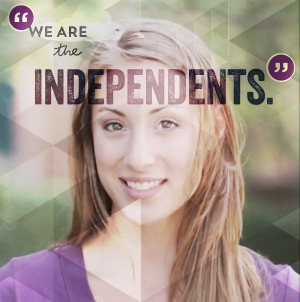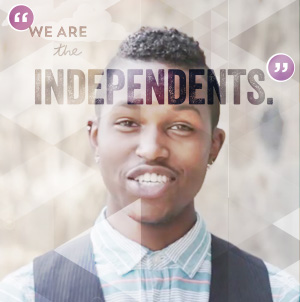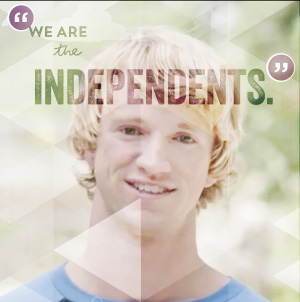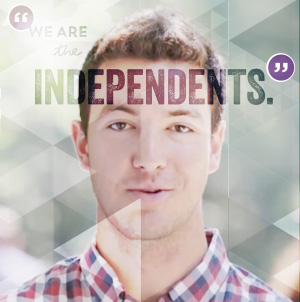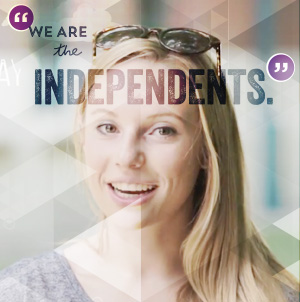Archive for April 2025
Finding a Job After College
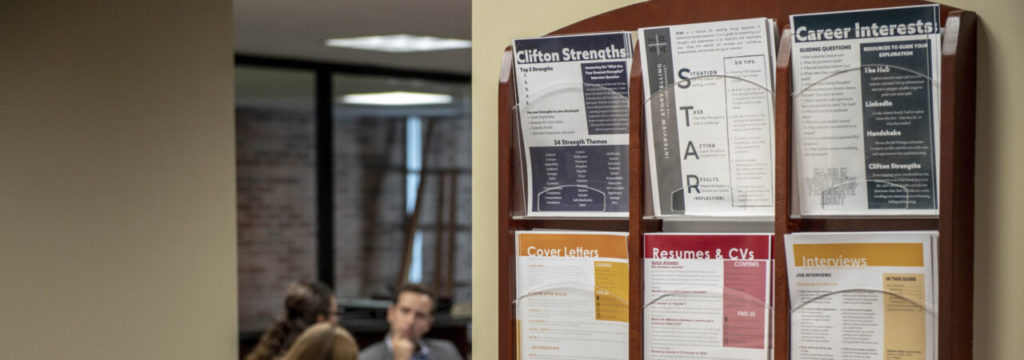
Written by Katrin Surkan
The post-college search for work can be nerve-wracking. After becoming expert students from the ages of 5 through 22, we are expected to know where to begin becoming experts in a world where we are paid for our skills. The four-ish years of college encourage young adults to find themselves, but then they are loosed to find a job. I am one of the lucky ones, coming into my senior year with a contract for post-college work. How did I find my job after college? Some luck, some preparation, and plenty of help.
I received some excellent advice all four years, and that helped me gather courage, experience, and the necessary information to take the next step in my search.
- Adapt your resume to the job description.
Make the resume easy to read. Fix formatting, keep all descriptions to one line, have a maximum of three descriptions per experience (remove the subjects and start with an active, exciting verb that ideally was in the job description itself), and sort by most recent date on top. Divide your resume into three or four categories that pertain to the job you are interested in (e.g. Experiences, Education, Extracurriculars, Leadership, Honors and Awards, Skills, Languages, Adventures, etc.). Keep it neat and to one page.
- Get started by doing something, anything!
Start early—freshman year—trying out (even volunteering for) jobs, opportunities, and internships that might interest you as a career. You may find that you hate something you thought you loved. Or that you could be paid for something you already do. Or you might fall in love with something that you had not known existed. Say yes to random little chances to help people, internship applications, on-campus jobs, talking to strangers, and anything that piques your interest. Better to know sooner rather than later what matters to you!
- Get an interview.
I was a horse tour guide in Iceland for a summer. Even though that has little to do with my potential careers, it makes interviewers more likely to invite me in to speak because they want to know more. I am sure you have done something that few people know much about, so get them to invite you in to ask questions by putting it noticeably on your resume or mentioning it in your email. It also helps to know what the person you are writing to (HR manager, intern coordinator) enjoys hobby-wise, so see if you can hunt down a hobby or two of theirs.
- Play to your strengths.
If you have excellent soft skills, go network and meet people. Apply for jobs that have you managing or dealing a lot with people. Look for opportunities to help or support others, as it will make them more likely to reciprocate—and jobs come from the most unlikely places! If you are introverted, focus on your skills and strengths in applications. Emphasize your abilities and expertise. Find a group that needs what you can offer.
- Be not afraid!
Employers were once young job seekers like you, and people are more helpful than you might expect. Ask questions, ask for the job, ask for an informational interview over LinkedIn or through Career Services. Talk to people you respect and to people who intimidate you. Chances are, you are just what they were looking for.
- Get an on-campus job.
Already, my freshman year, I began applying for on-campus jobs, practicing my cover letters, resumes, and informational interviews where little was on the line. By taking a small job on campus, I also acquired a reference for future applications! To help with my resume and letters, I met with Career Services and attended events that looked interesting, like the talk by an alumnus who graduated with a degree in philosophy and became a cybersecurity contractor. He inspired me to…
- Think beyond the major!
My degree is a mark of my interests rather than my skills. Yes, as an economics major, I can talk about supply and demand, but I could do anything with it!
Some alumni who have gone on to do fantastically interesting careers are…
Phillip Wegmann, ’15, a political economy major, is a correspondent at the White House
Kelsey Brakel, ’12, a biology major, became a veterinary pathologist
Stephanie Benson, ’03, a Hillsdale student-athlete who started a restaurant in Mississippi
Rob Schlitts, ’06, a communications major, founded a phonathon company, Wilson-Bennett Technology
Margaret Handel, ’17, an English major, became a commercial mariner
Madeline Johnson, ’17, a philosophy major, became an urban planner
Lydia Hall, ’19, an English major, became an associate production editor
